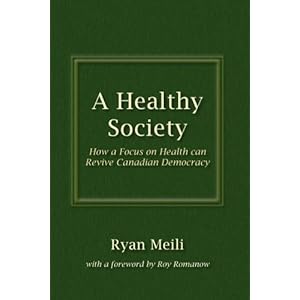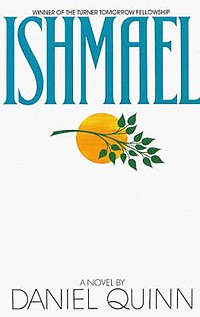Meili identifies income as the single most important indicator of health. Will you be healthy? If you have a good income... Mieli offers many idea's, and possible solutions to work towards both a healthier society and reducing the gap between rich and poor in society and Saskatchewan. In order of impact on individual health Meili states 1. Income 2. education 3. social support networks 4. employment and working conditions 5. early childhood development 6. physical environment 7. personal health practices and coping skills 8. biological and genetic factors 9. health services 10. gender 11. culture 12. mass media technology. Mieli argues we are only as strong as our weakest link and that in order to truly live in a healthy society we need to focus efforts on those in the most need. This thinking however is not politically popular and it really doesn't win votes. I agree with him wholeheartedly, however even when chatting with friends on the left side of the spectrum they are still quite interested in their own personal plights, their immediate families and typically if they are voting they are voting for those politicians with their best interests in mind... so how to win votes if you actually genuinely care about those at the bottom of the pyramid in terms of education, income, and health and if you believe and some research suggests that this strategy actually is effective for making everyone healthier in society. Malcolm Gladwell while reviewing expenses for medical treatment in California found certain individuals could cost the system one million dollars annually in trips to the emergency department. Imprisonment costs society between 100 and 150 thousand dollars annually per person, and being in jail increases the likelihood of being in jail again in the future, in a cruel and unforgiving sort of way, the system is not rehabilitative...
One of my favourite definitions from the book was Miele simply explaining the difference between the left and the right. The right believes in looking out for number one and the left believes that we are all in this together. I hope that someday all in this together will include a voice for the Lorax as well, someone who speaks for the trees... Another of my favourite parts was when Miele speaks with his patients in the core neighbourhoods of Saskatoon about rent, and housing and the economic boom in Saskatoon and while the boom has been great for many, he states that the smallest boats often sink when the tide comes in too quickly. The boom is swamping those on the edge in Saskatchewan, if you were struggling to make rent and rent doubled well then where are you at now???
Some reading recommendations from Miele include: The Spirit Level: Why More Equal Societies Almost Always Do Better.
The book is full of compassionate stories from someone who I believe really does care, is not corrupted by politics or beuracracy, who truly cares in a healthier Saskatchewan for everyone, I am sure my words do not even begin to do the book justice, it is a short read and I encourage you to give it go, thanks for sharing your stories Ryan and best of luck, you have my support :)







